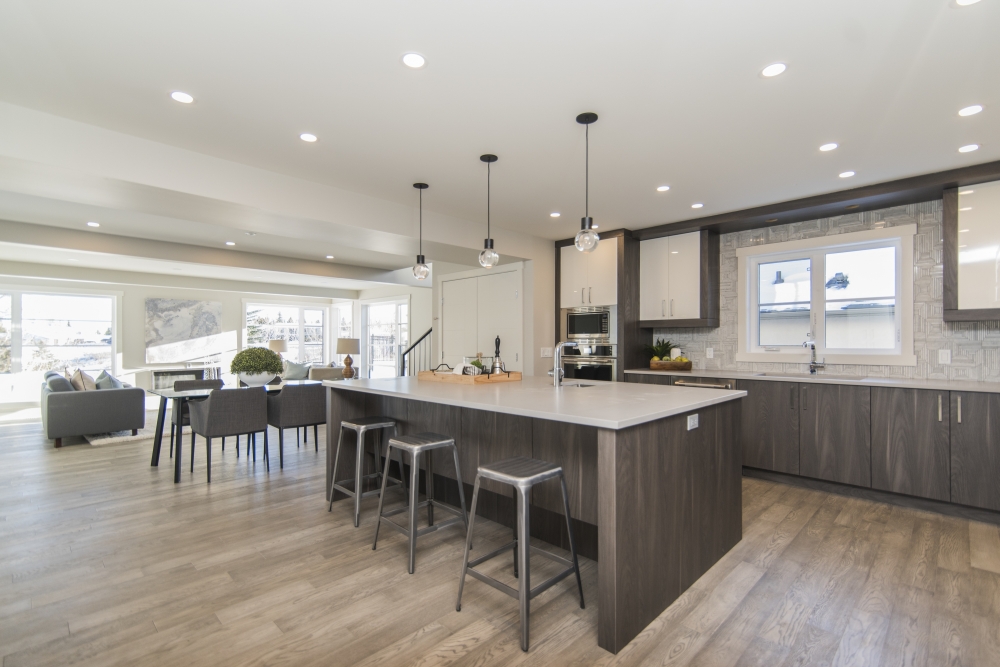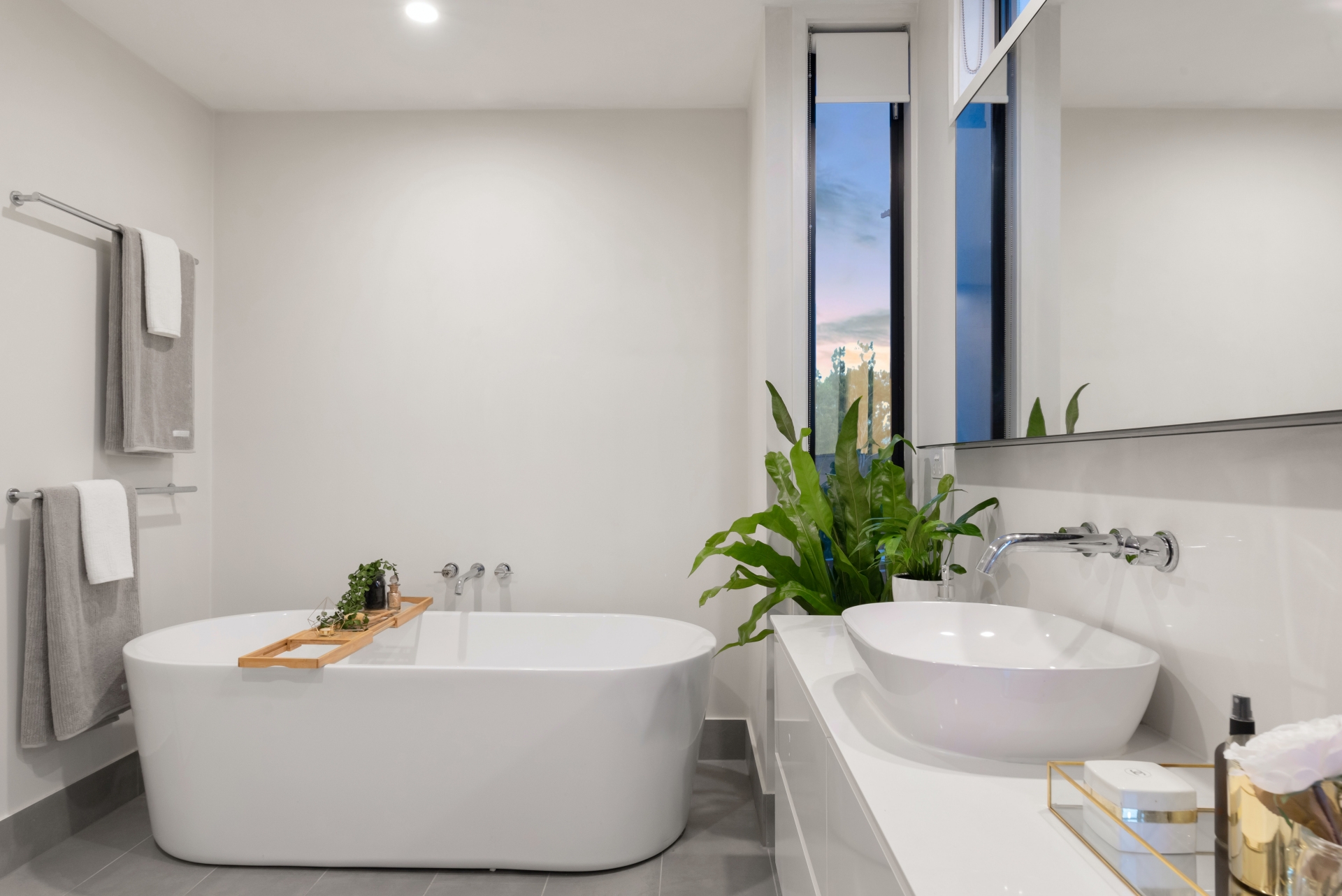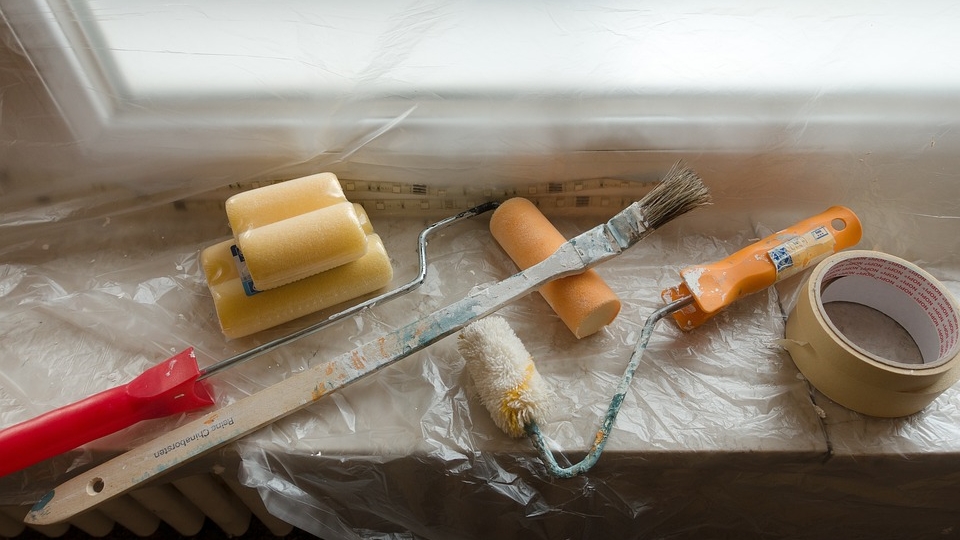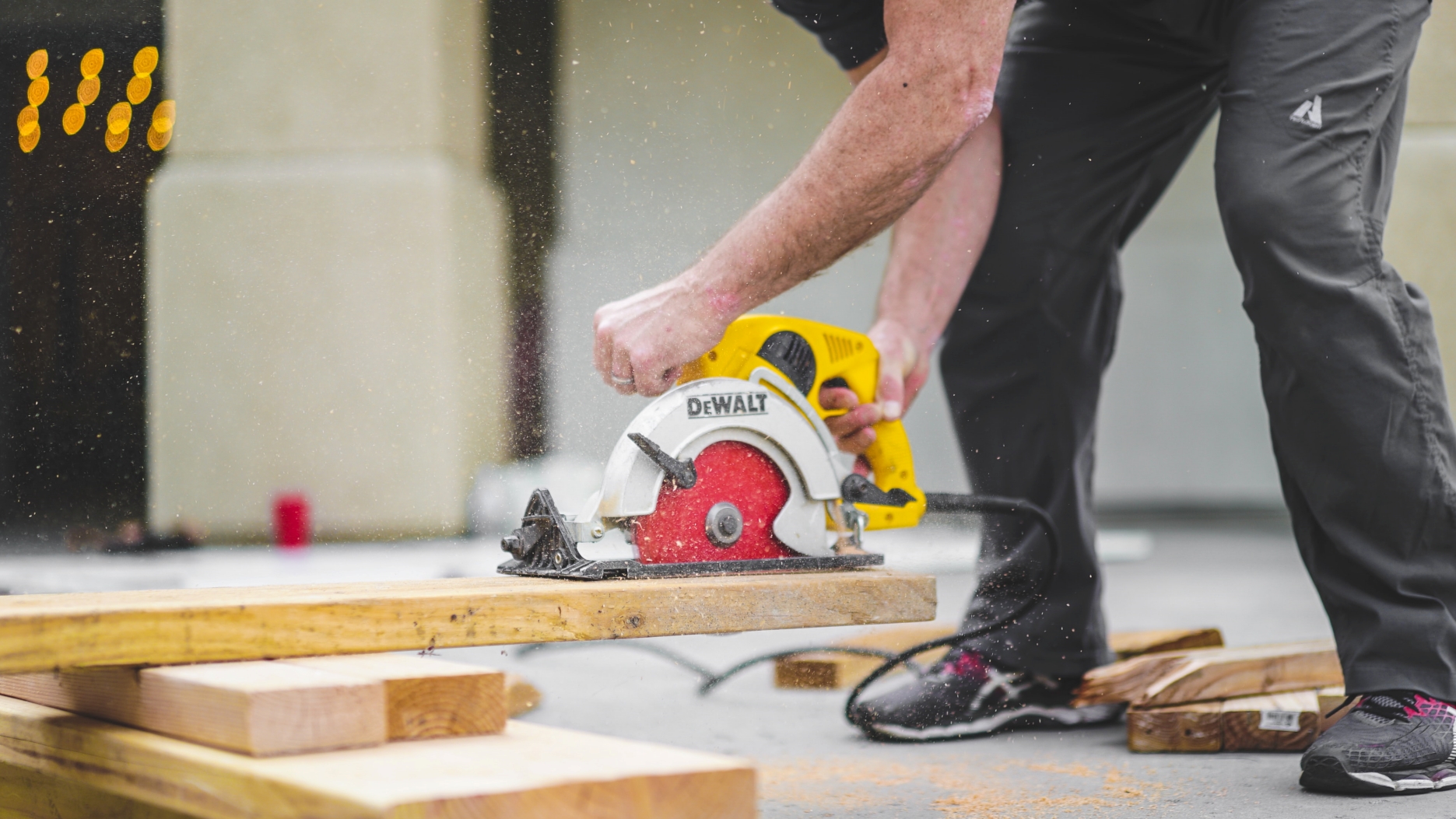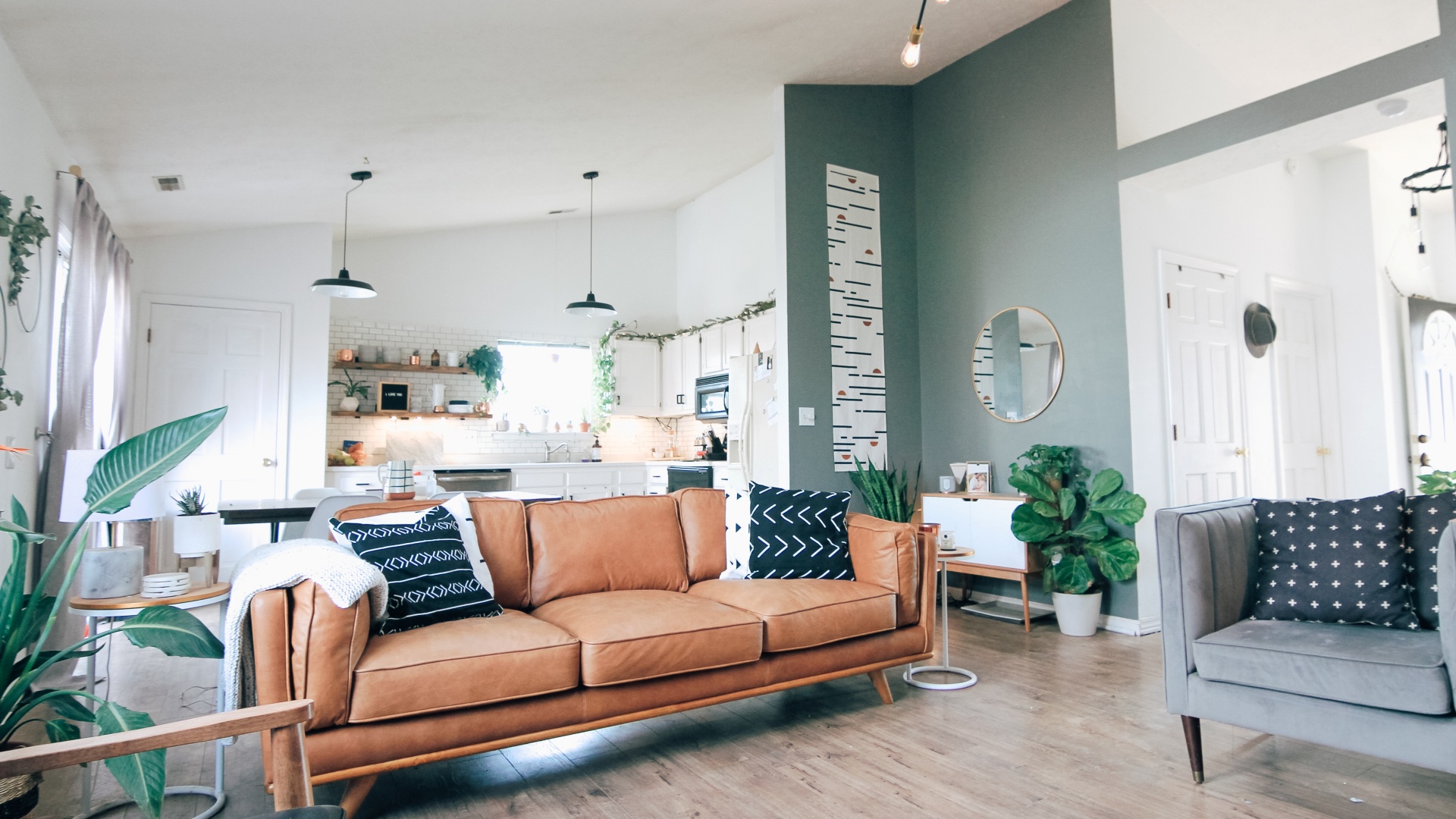Buying a new home is a pivotal moment in the lives of most people, whether you’re a first-time home buyer, property investor, or part of a young family looking to settle down. Among the myriad of options available in the property market, one that often catches the eye is buying off the plan. This method allows you to purchase a property before it’s built, based on the developer’s plans and promises. While this approach can offer several attractive benefits, it also comes with its share of pitfalls. Here, we’ll explore both sides of the coin to help you make an informed decision.
Pros of buying off the plan
Financial incentives and savings
One of the most appealing aspects of buying off the plan is the financial incentives that may be available. Many governments encourage this type of purchase through grants and stamp duty concessions, which can significantly reduce the cost of buying a home. This is partly because buying off the plan helps stimulate the housing market and create jobs for developers and construction workers. These incentives can be especially beneficial for first-time buyers who are looking for ways to break into the property market.
Potential for capital growth
Purchasing a property before it’s built gives you the potential benefit of capital growth during the construction period. Places can go up a lot in 12 months; according to OpenAgent, Brisbane apartments increased by 16.4 percent in the year to March 2024. If the market goes up between your purchase date and the time the property is completed, you’ll find yourself owning a property worth more than you paid, even before you move in. This prospect can make buying off the plan an attractive option for investors.
Customisation opportunities
Another advantage of buying off the plan is the ability to customise certain aspects of your new home according to your tastes and preferences. Builders often allow buyers to select colour schemes, finishes, fittings, and sometimes even floor plans, making it easier to get the home you’ve always dreamed of without having to undergo renovations. Customisation is great for buyers who want a more personalised touch to their new home.
Cons of buying off the plan
Risk of builder insolvency
The construction industry is volatile, and there’s always a risk that the builder or developer could go bankrupt during the construction period.
“If the builder goes broke, you may lose your deposit,” says Compare the Market Property Expert Andrew Winter. “Another top concern is that the sunset clause may allow the builder to refund the deposit and terminate the contract if the building of the property is not completed by a certain date”.
While this can offer a way out of a delayed project, it also means you could end up back at square one, searching for a home in a potentially more expensive and competitive market. This is particularly concerning as 73,405 construction businesses were found to have ceased operations in the 12 months to June 2023.
The unknown final product
When you buy off the plan, you’re essentially buying a promise. While you can often visit display homes from the builder or view artist impressions, you won’t get to walk through the specific property before making a purchase. As such, you also won’t know exactly how it will look, feel, or function until it’s completed. This could lead to disappointment if it doesn’t meet your expectations or if there are any unexpected changes made during construction. In some cases, the end result may be different from what you had envisioned, leaving you with a home that doesn’t feel quite right
Construction delays
Construction projects can run longer than expected due to various factors such as weather delays, supply chain issues, or changes in construction plans. This can be frustrating if you’re renting while waiting for your new home to be completed or if you have a specific timeline for moving. Additionally, delays can also result in additional costs such as temporary accommodation or storage fees. It’s important to carefully consider the potential for delays and have a backup plan in case your new home isn’t ready on time.
Making your decision
Buying off the plan can be a great opportunity to enter the housing market, capitalise on potential growth, and customise your future home. However, it’s not without its risks. Potential buyers should carefully research the developer and builder’s track record, understand the terms and conditions of the sale, and consider the financial stability and reputation of the parties involved before proceeding. It’s also wise to seek legal advice before signing any contracts, ensuring you fully understand your rights and any potential risks.
Remember, every property purchase is a significant investment, and being well-informed is key to making a decision that’s right for you and your family.




